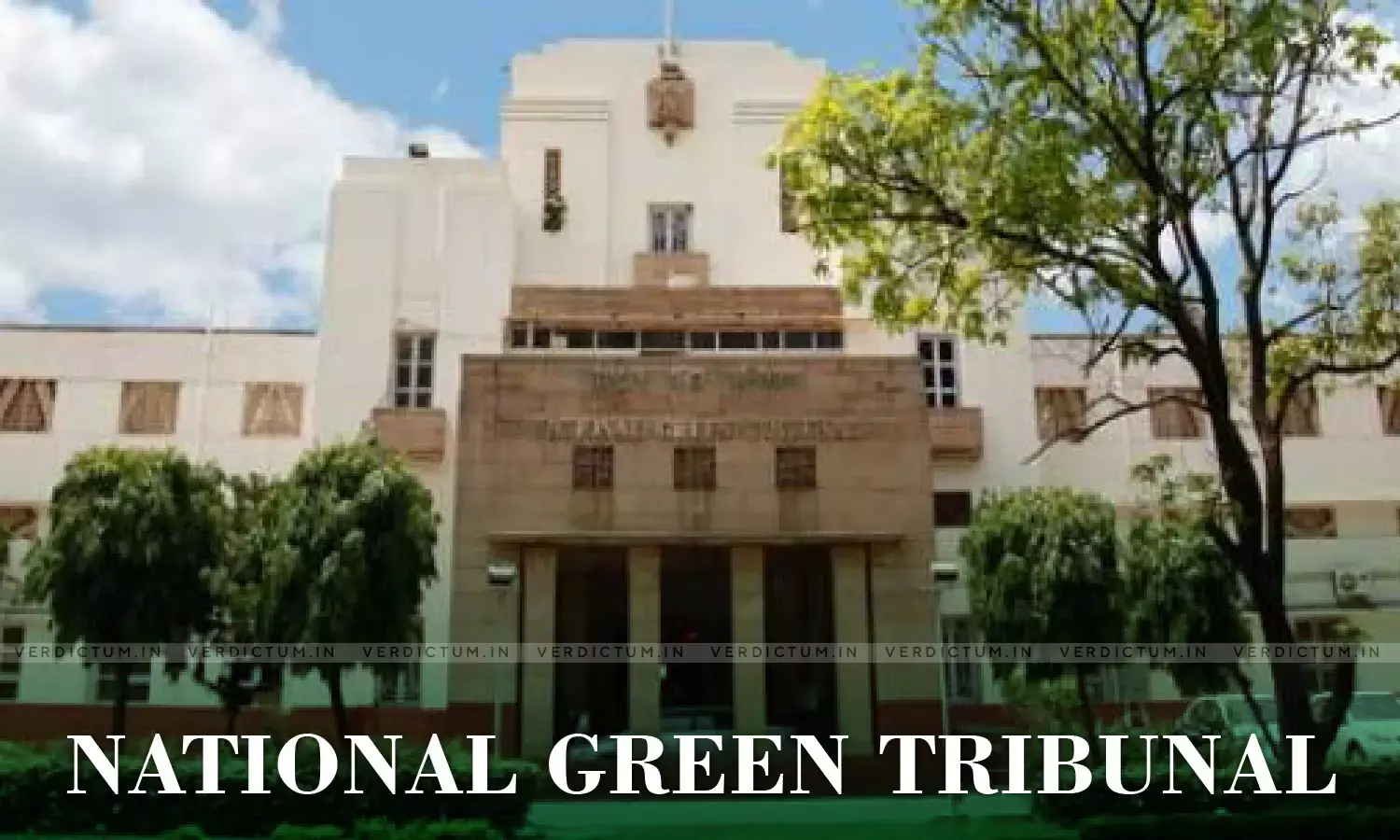Huge Gaps In Waste Management: NGT Directs Maharashtra Govt To Pay ₹12,000 Crores As Compensation

The National Green Tribunal has directed the State of Maharashtra to pay compensation to the tune of ₹12,000/- Crores for improper management of solid and liquid waste. The Tribunal held that the compensation award was necessary to remedy the continuing damage to the environment.
"In respect of gap in treatment of liquid waste/ sewage i.e. 5420.33 MLD, compensation works out to Rs. 10840.66 crores and compensation for un-remediated legacy waste to the extent of 3,94,19,287 works out roughly to about Rs. 1200 crores. We round off the compensation amount @ Rs. 12,000/- crores which may be deposited by the State of Maharashtra in a separate ring-fenced account within two months, to be operated as per directions of the Chief Secretary and utilised for restoration measures.", the bench comprising of Justice Adarsh Kumar Goel, Justice Sudhir Agarwal and Prof. A. Senthil Vel, observed.
The Bench directed that restoration measures with respect to sewage management would include setting up of sewage treatment and utilization systems, upgrading systems/operations to ensure utilization of their full capacities, ensuring compliance of standards, including those of fecal coliform and setting up of proper fecal sewage and sludge management in rural areas.
With regard to solid waste management, the Tribunal observed that the action plan would include setting up of required waste processing plants and remediation of left out 84 sites.
"This restoration plan needs to be planned and executed in a time bound manner without further delay. If violations continue, liability to pay additional compensation may have to be considered. Compliance will be the responsibility of the Chief Secretary.", the Bench held.
While observing the data presented by the Chief Secretary, Maharashtra, the Tribunal noted that no meaningful progress was made and there were huge gaps in the management of solid as well as liquid waste.
"It is a matter of concern that even after 48 years of enactment of Water (Prevention and Control of Pollution) Act, 1974 and expiry of timelines for taking necessary steps for solid waste management in terms of Solid Waste Management Rules, 2016 and binding direction in the judgment of the Hon'ble Supreme Court and this Tribunal in Almitra H. Patel vs. Union of India & Ors. and Paryavaran Suraksha vs. Union of India, supra, huge gaps still exist.", the Bench noted.
NGT observed that compliance of environmental norms on the subject of waste management has to be on high on priority.
The Bench further held that "The Tribunal has to follow 'Polluter Pays' principle under Section 20 of the NGT Act. The State Authorities contributing to the pollution by failing in their constitutional duties are to be held accountable on this principle. Admittedly, timelines under Supreme Court orders and orders of this Tribunal for preventing water pollution and statutory timelines for solid waste management are over. Thus, atleast from 01.01.2021, the 'Polluter Pays' principle has to be applied. Compensation has to be equal to the loss to the environment and also taking into account cost of remediation."
The Tribunal noted that the mere passing of orders without fixing quantified liability necessary for restoration did not show any tangible results in the last eight years (for solid waste management) and five years (for liquid waste management), even after expiry of statutory/laid down timelines.
"We hope in the light of interaction with the Chief Secretary, Maharashtra that he will take further measures in the matter by innovative approach, stringent monitoring at appropriate level, including at the level of the District Magistrates (who execute the District Environment Plans) and the Chief Secretary, ensuring that the gap in solid and liquid waste generation and treatment is bridged at the earliest…", the bench noted.
Cause Title- Compliance of Municipal Solid Waste Management Rules, 2016 and other environmental issues
Click here to read/download the Order

